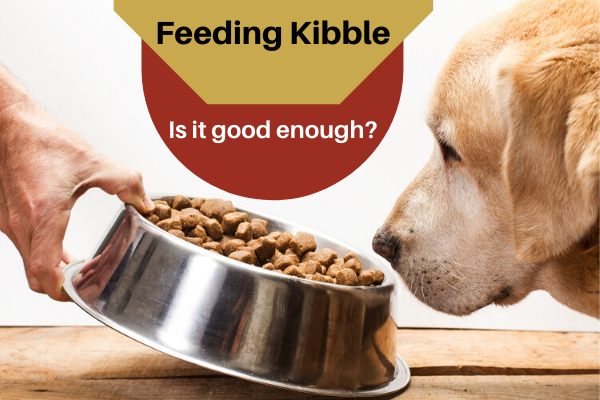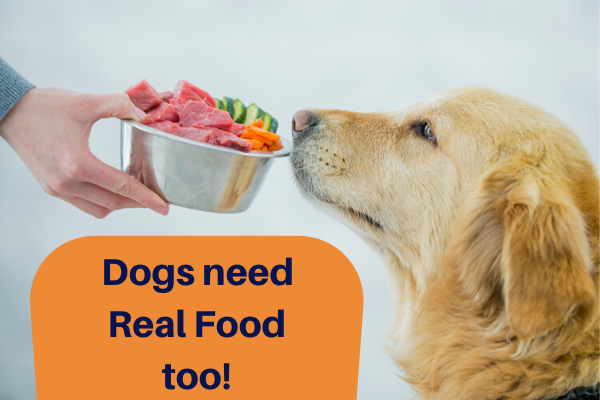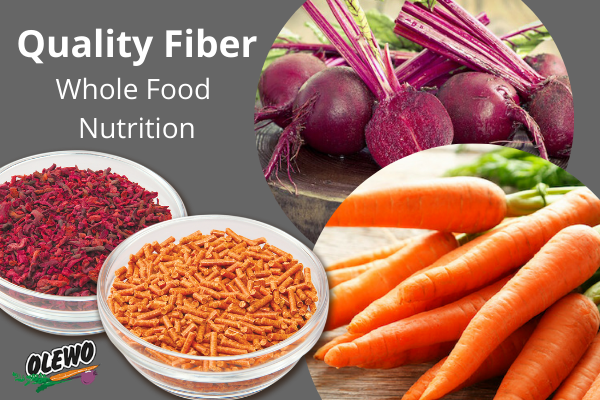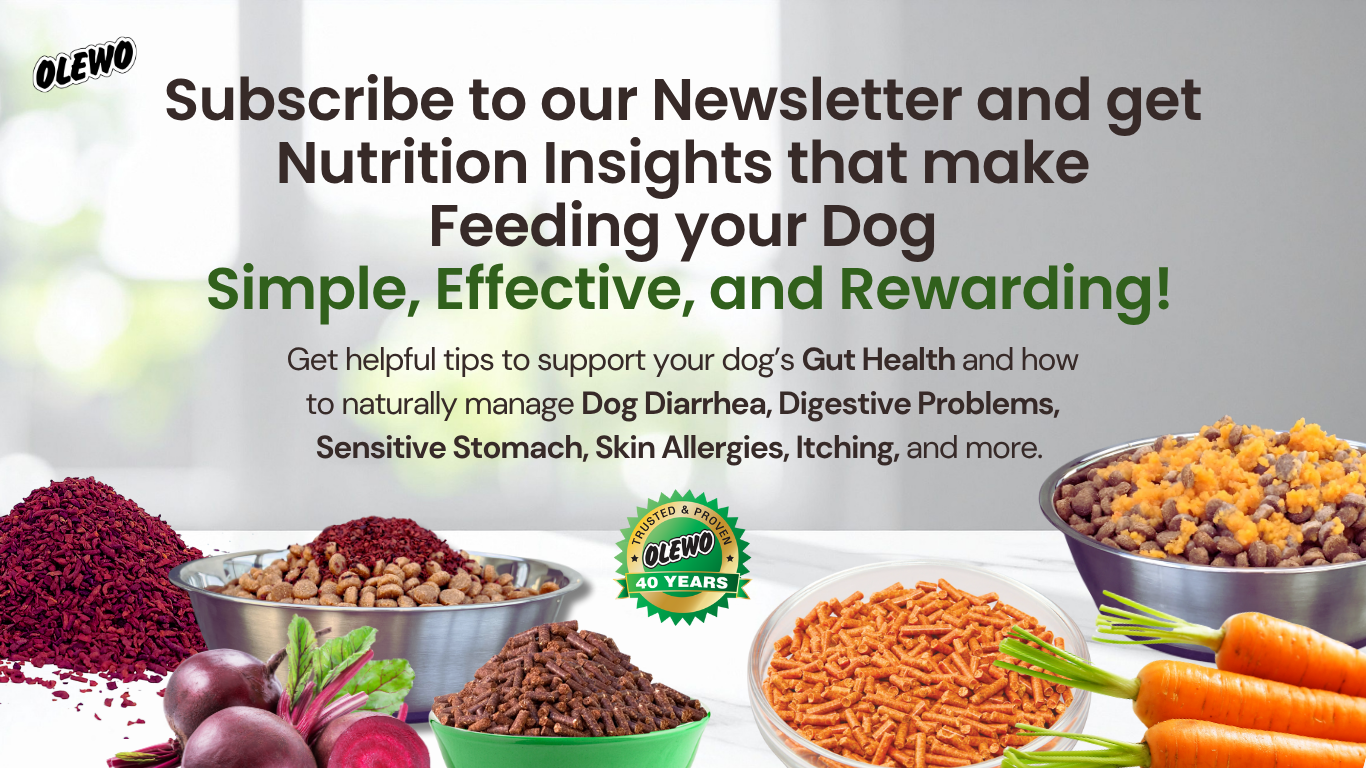With the start of not only a new year, but a new decade, I know we all stop and think what positive changes we can make in our lives going forward. I also know that health is on all of our minds. Of course it is, because if we don’t have our health, then nothing else really matters, right?

Making an effort to eat healthy is not only a wise choice, but it is important for longevity and can be life saving in the long run. This is true, not only for ourselves, but also for our dogs.
So please, don’t just get caught up in your own new years resolutions with regards to improving health, but also include your dogs.
2020 Feed Healthy! Be Your Dog’s Hero
Dog Health Starts in The Gut
An understanding of the association between food and the gut for increased immunity and overall health is just now gaining more momentum, as is the role in preventing disease through the promotion of a gut-healthy diet.
Numerous studies in the past two decades have demonstrated links between gut health and the immune system, endocrine disorders, skin conditions, mental health, autoimmune diseases, and cancer.
Many facets of modern life such as feeding processed foods, stress, and the administration of antibiotics can all damage the gut. A damaged gut may affect other aspects of dog health. Many diseases seemingly unrelated are actually caused by gut problems.
An unhealthy gut can manifest itself in a number of ways. Here are some of the most common signs:
Digestive Problems
Upset stomach, gas, bloating, diarrhea, constipation can happen to any dog and may only be temporary. However, when these conditions become chronic, they can all be signs of an unhealthy gut. A healthy gut has the ability to absorb nutrients and will have less difficulty processing foods and eliminating waste.
Weight Changes
Gaining or losing weight without making changes to your dog’s diet may be a sign of an unhealthy gut. A compromised gut can impair the body’s ability to absorb nutrients, regulate blood sugar, and store fat.
Weight loss may be caused by small intestinal bacterial overgrowth, while weight gain amongst other causes may simply be caused by the urge to overeat due to decreased nutrient absorption.
Skin Irritations
Skin allergies, itchy dog skin, hot spots and other skin conditions may be related to a compromised gut. Inflammation in the gut caused by a poor diet or food allergies may cause leaky gut, an increasingly widespread condition.
The gut becomes “leaky” when abnormally large spaces (holes) between the cells of the gut wall allow the entry of unwanted proteins directly into the bloodstream. This in turn can irritate the skin and cause a variety of skin conditions.
Symptoms of insufficient nutrition often show up first on the skin, the largest organ in the body which is ultra-sensitive to nutritional deficiencies.
Food Intolerances
Food intolerances are the result of difficulty digesting certain foods. This is not the same as food allergy, which is caused by an immune system reaction to certain foods.
Food intolerances may be caused by poor quality of bacteria in the gut. This can lead to difficulty digesting the trigger foods and cause your dogs unpleasant symptoms such as upset stomach, bloating, gas, diarrhea, and vomiting.
Autoimmune Conditions
Research continually shows new evidence of the impact of the gut on the immune system. It’s thought that an unhealthy gut may increase systemic inflammation and alter the proper functioning of the immune system.
This can lead to autoimmune diseases, where the body attacks itself rather than harmful invaders. It sounds scary, but I know it is true because I have experienced this first hand. About 3 years ago, I was shocked when I was diagnosed with an autoimmune disease caused by leaky gut.
It happened to me, and I know it can happen to my dogs. Eating a gut-healthy diet is a priority now in our home, including our dogs.
Things you can do for your Dog’s Gut Health
Avoid or Reduce Processed Foods
Diet and gut health are very closely linked. The best thing you can do for your dogs is to avoid, or at least reduce processed foods, especially kibble. There are other commercial dog foods out there that are convenient, like canned, freeze-dried, raw, and any of those are better than kibble.
If kibble is your only choice, make sure the first ingredients are quality proteins. Also consider topping off the kibble with some real, whole foods.
Avoid Antibiotics whenever Possible
No doubt about it, antibiotics can be a highly beneficial, life-saving treatment for our dogs when used correctly. Unfortunately, they are commonly overprescribed. Always look out for yourself and your dogs and use your best judgement. I turned down antibiotics for myself on two occasion this past year, and it turned out they were not needed. I have also encountered the same when taking my dogs to the vet in the past.
Antibiotics are so effective that in addition to killing the pathogenic bad bugs, they also wipe out almost all of the trillions of friendly bacteria in the gut. And, the bad news, those good gut buddies don’t grow back overnight.
Add Quality Fiber
Since most commercial dog foods include cheap fiber sources, consider adding a quality fiber such as Olewo Carrots for Dogs and Olewo Red Beets for Dogs to your dogs’ meals that offer a variety of health benefits at the same time.
Many veterinarians now agree that dogs should receive a small amount of vegetables with their meals. This is not only because vegetables are a great source of fiber, but they also offer many health benefits including anti-cancer and immune system-enhancing properties that can only come from plant material.
Add Probiotics
Adding a probiotic supplement to your dogs’s meals once a day is another way to help improve gut health, especially if you think your dog already has a compromised gut. Processed dog foods, especially kibble, can decrease the amount of good bacteria in the gut, and probiotics are a good way to add live good bacteria.
![]()
2020 Feed Healthy! Be Your Dog’s Hero





Leave a Reply